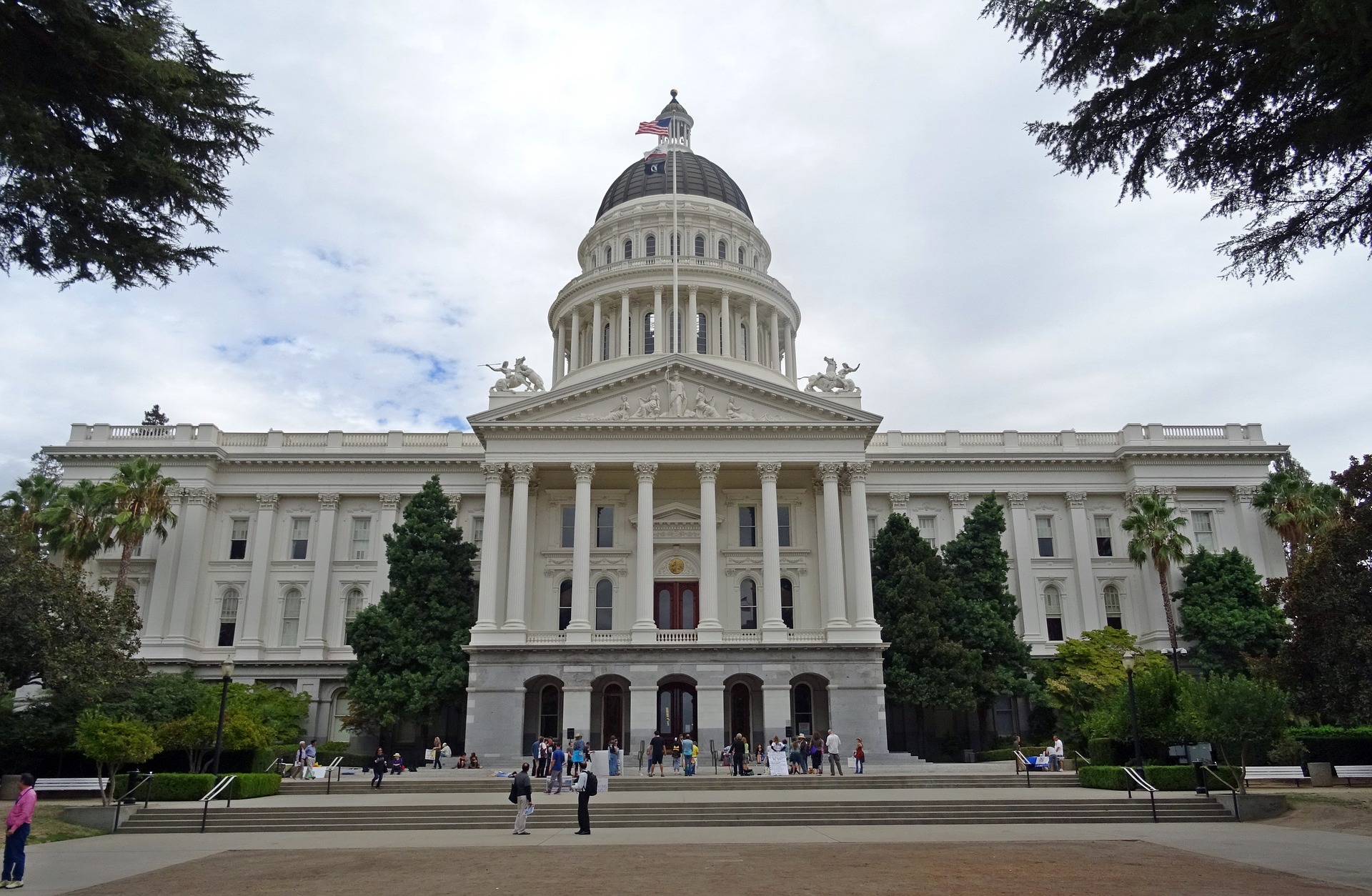
San Francisco – The California Academy of Family Physicians (CAFP) and our 11,000 members applaud lawmakers and the Governor for reaching a compromise State Budget that preserves vital primary care infrastructure programs. CAFP recognizes the devastating effects COVID-19 has wrought on state revenues and remains committed to working with lawmakers and the American Academy of Family Physicians on securing appropriate federal relief for California.
CAFP appreciates the extraordinary challenges lawmakers faced this year to balance the state’s budget and appreciate lawmakers’ wisdom in not cutting critical primary care infrastructure programs like the Song-Brown Physician Training Program and support for Medi-Cal through Proposition 56 funds. These programs are critical to ensuring access to care for vulnerable patients now and in the future.
The Song-Brown Program significantly improves access to care in underserved areas and reduces the shortage of primary care physicians in California. Song-Brown-funded programs consistently send more than 60 percent of their physician graduates to practice in state and federally designated underserved areas. The program also delivers needed services to communities immediately as each family medicine resident provides an average of at least 600 primary care patient visits per year. Likewise, this program has significant long-term benefits for communities in which residents train, as the majority of residents stay and practice in those communities. The Song-Brown program is the only state physician training program to provide incentives to programs to train underrepresented physicians.
Many of the family physician practices that are also an essential part of California’s primary care infrastructure are struggling. The COVID-19 pandemic has exposed significant flaws in our health care system that have hurt primary care practices. Direct support for primary care providers is critically needed to protect a vital part of front-line care, protect against future spikes in health care costs, and prevent failures in care delivery.
We hope the Legislature’s and Governor’s support for the critical primary care services California depends on will extend to support for the Care for Californians plan. The legislation would require the State to take three crucial actions that will help support these vulnerable primary care practices:
1) Provide immediate payment reform and support for a portion of primary care practices.
2) Establish a reconciliation process to ensure payments do not result in undue compensation.
3) Ensure a successful transition to sufficient support and value-based payment for primary care.
“The threat to primary care physician practices is immediate and severe, and the impact of practice closures will be long-lasting and incredibly detrimental to the health and wellbeing of the communities they serve.,” said CAFP President, David Bazzo, MD, noting that, “A recently released national study says that almost 80 percent of primary care clinicians are experiencing ‘severe’ or ‘close to severe’ strain as a direct result of COVID-19.”
“Health plans have been taking premium dollars for months without spending them on care - they should be directing resources to ensure our primary care providers are still around when patients go back for care,” said CAFP CEO, Lisa Folberg. “Family physicians, in addition to being the backbone of our healthcare ecosystem, are often small businesses. We need to do more to ensure these frontline physicians are able to keep their doors open. “
Again, we recognize the agonizing decisions our lawmakers face as the COVID-19 Pandemic has wreaked havoc on state finances. The 11,000 members of the CAFP and the millions of patients we serve thank you for protecting crucial primary care infrastructure in the State Budget. We urge lawmakers to ask health plans to do the same by using some of the premium dollars that have already been paid to support primary care practices and ensure these physician practices are there to take care of Californians when they need them.